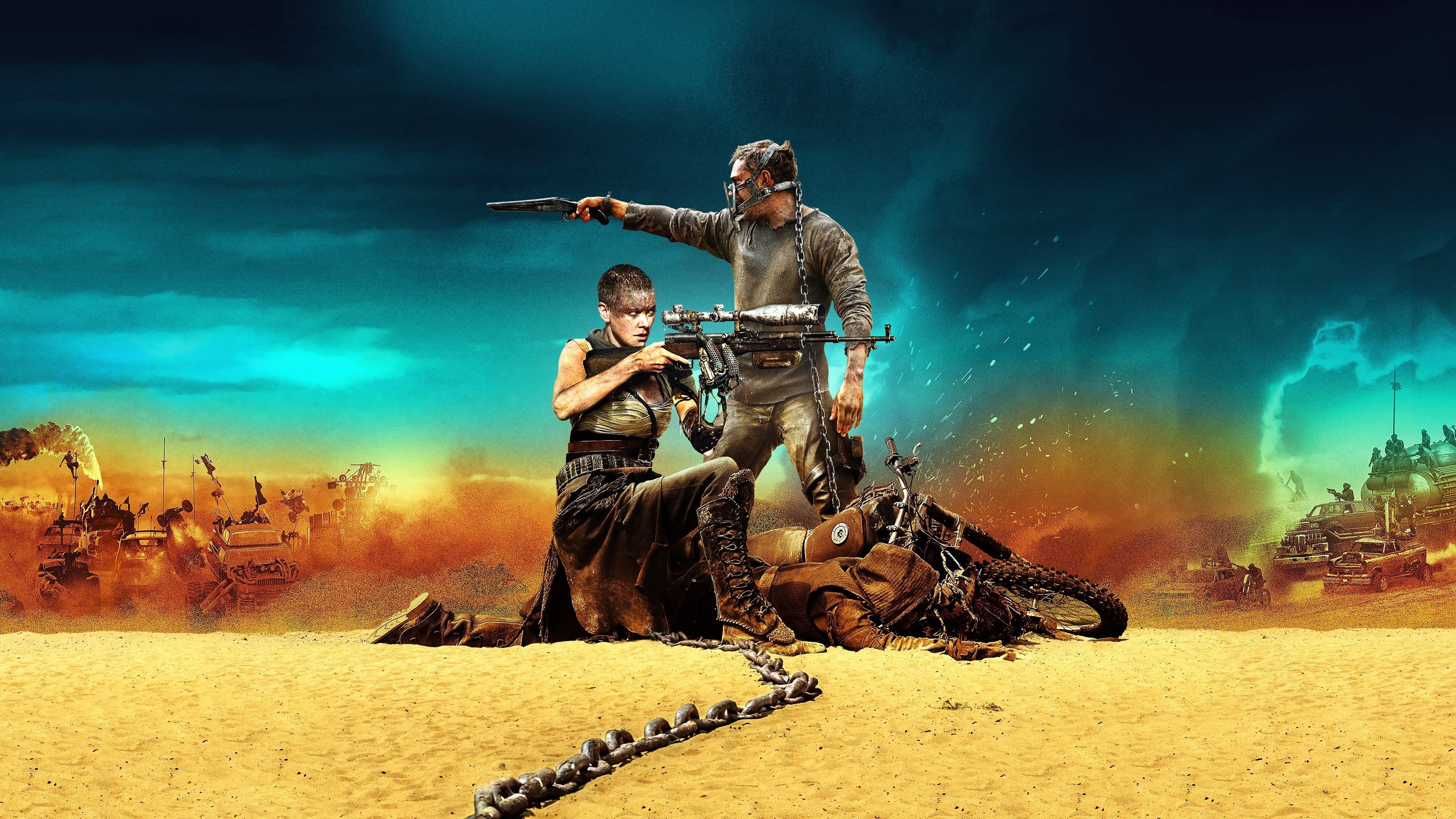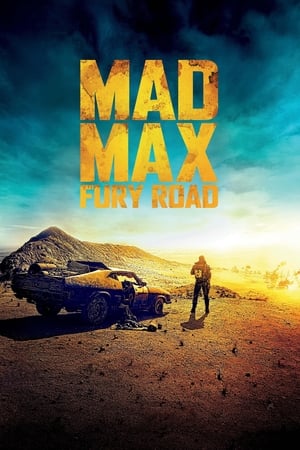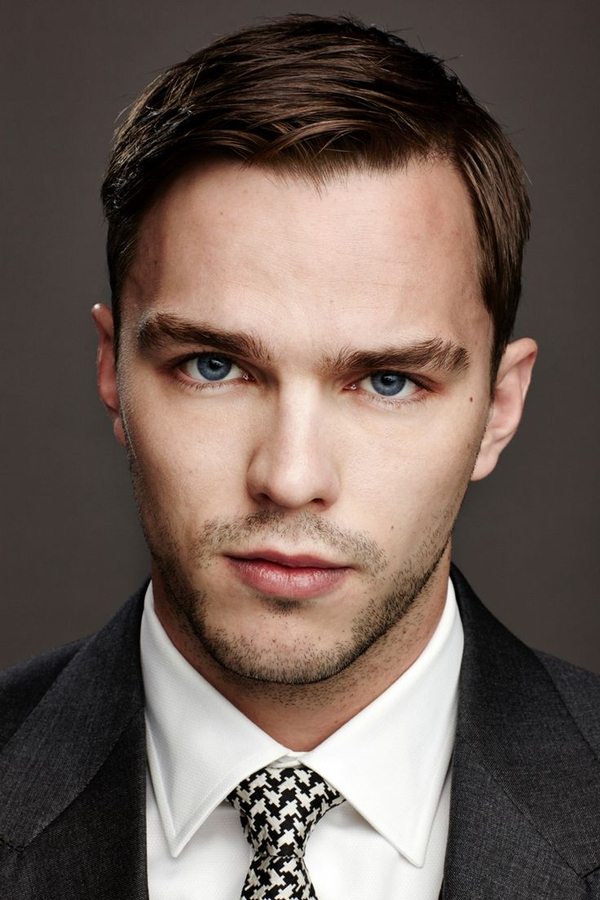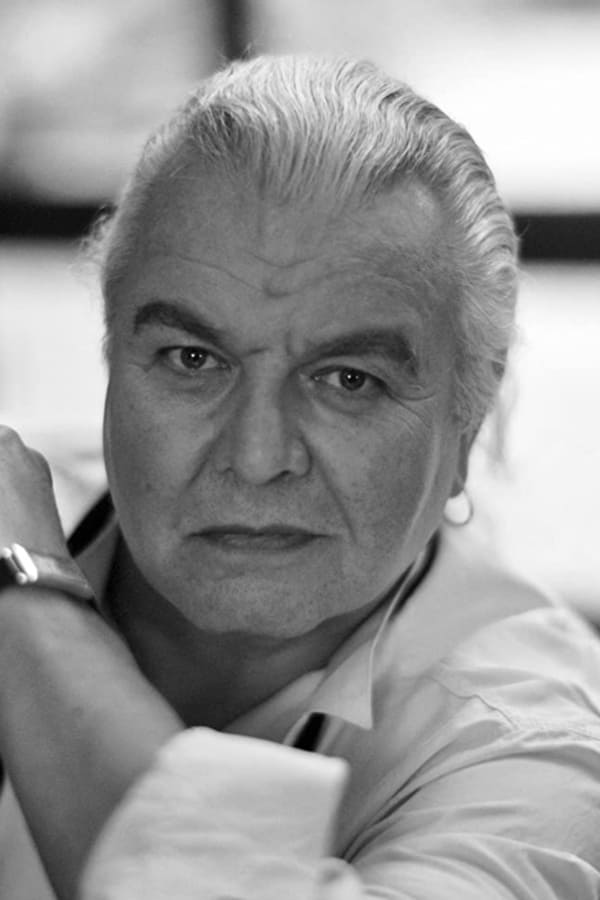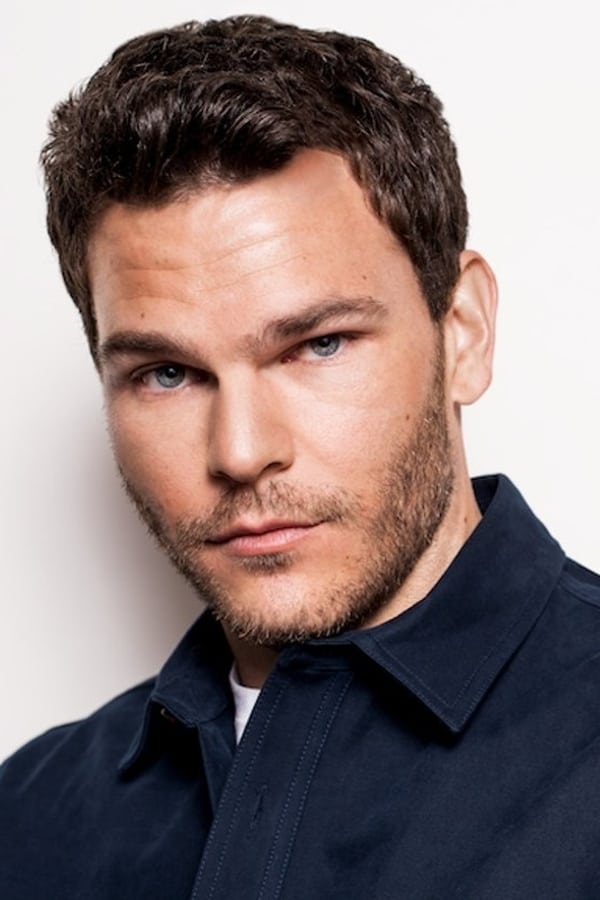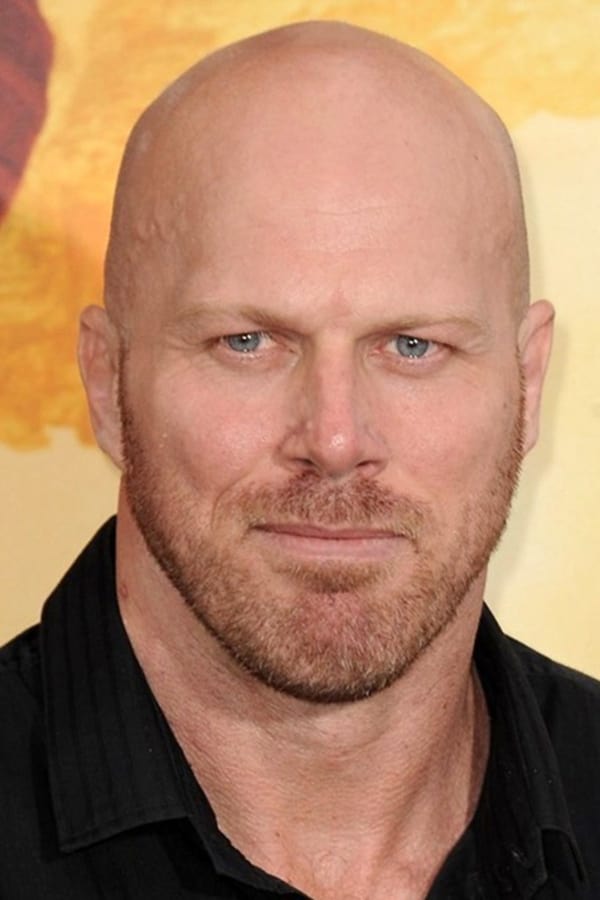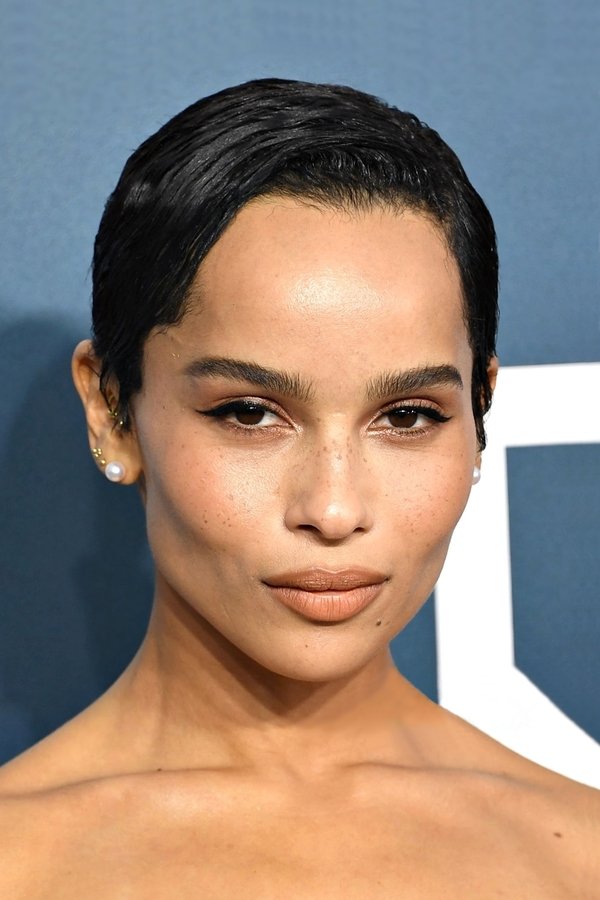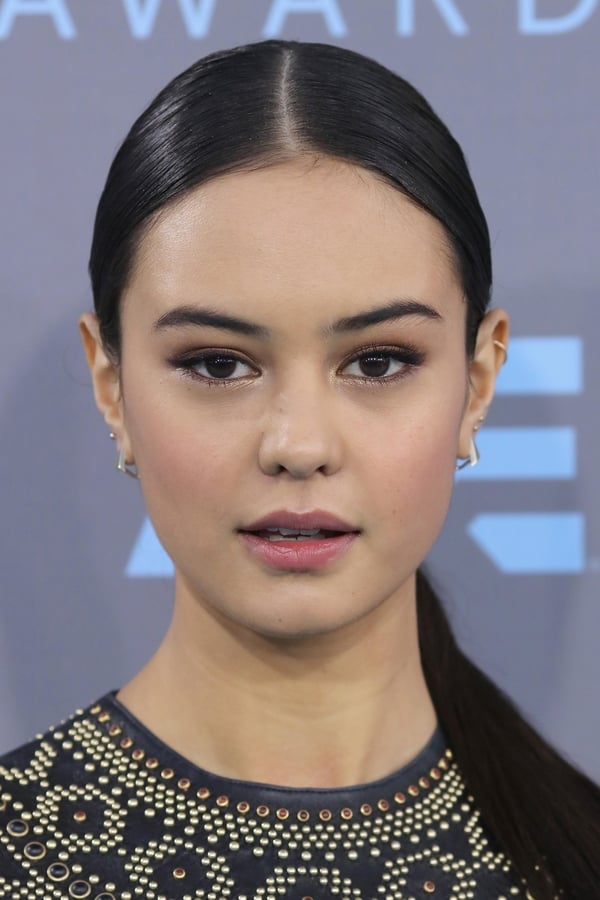Whenever it feels like the end of the world, the word “Thunderdome” ultimately pops up somewhere. It’s like Godwin’s Law of terrible circumstances. For example, in the week before social distancing, the bottled water section of my local Costco was a full-on Thunderdome of people pushing, shoving, and trying to outwit the “one case per person” rule.
Sure, Hunger Games also applies to these situations, but long before Katniss ever volunteered as Tribute, a guy named Mad Max got thrown into a cage match to fight on behalf of Tina Turner. And that’s not even the weirdest part of this film.
Directed by George Miller, who has written, directed, and produced all the films in the Mad Max franchise, as well as…Happy Feet and Happy Feet 2 (talk about range)… Mad Max Beyond Thunderdome takes us back to the 1980s era of post-nuclear apocalypses. Our hero, Max (Mel Gibson, back when he was a heartthrob), wanders into a place called Bartertown, where the citizens and traders dress like someone who has never heard of BDSM decided to design haute couture for that community. Bartertown is run by a woman called Aunty (Tina Turner), whose power (both literal and figurative) is threatened by a guy called Master and his thug Blaster. Through some convoluted red herring plot points, Max winds up fighting Blaster in the eponymous Thunderdome on behalf of Aunty so that Master will STFU and let her run Bartertown. Aunty kicks off “another episode of Thunderdome!” by ziplining in on a throne-like a badass, and then Mel Gibson fights for his life in an extremely well-shot action sequence. Aunty turns against Max and he’s thrown out into the desert wasteland. Just as he’s about to die, he’s found by the leader of a tribe of feral children, which makes nothing but sense. Any parent stuck doing distance learning with their kids right now will recognize the filthy, half-dressed kids as our collective worst nightmare slowly coming true.
The half-pints think Max is there to save them, but he loudly and grumpily assures them he’s not. Somehow, a group of the children, led by Max, wind up at Bartertown, then have to escape Bartertown, and then the kids head back to what’s left of Sydney and Max is…wandering the desert again and the audience is left wondering what the hell just happened for the last 106 minutes.
So basically, this movie is named after one small part of the entire story, and “Thunderdome” as a cultural touchstone refers to that one short scene.
